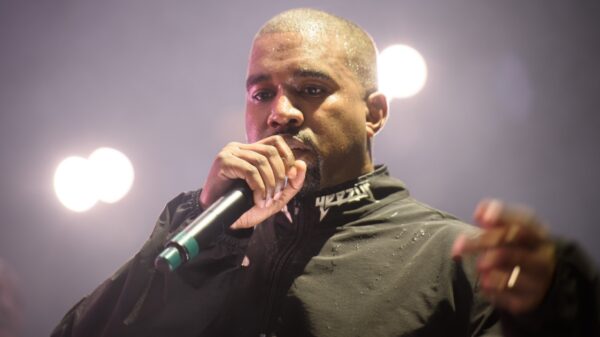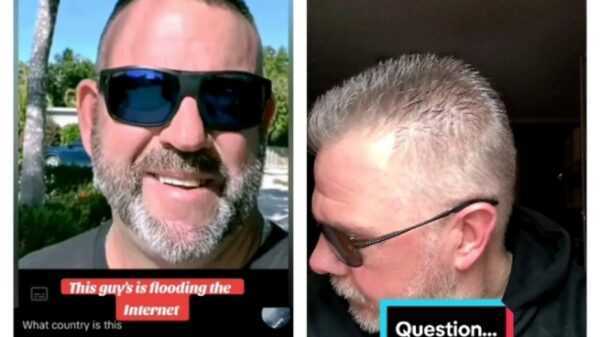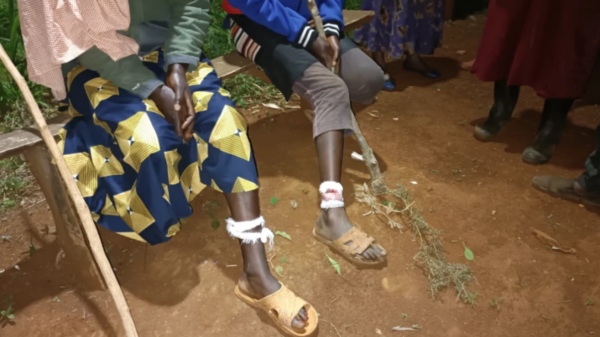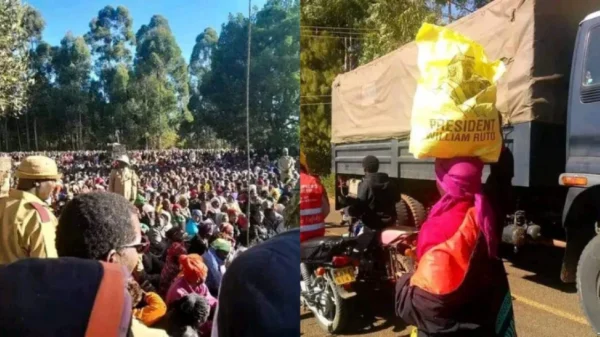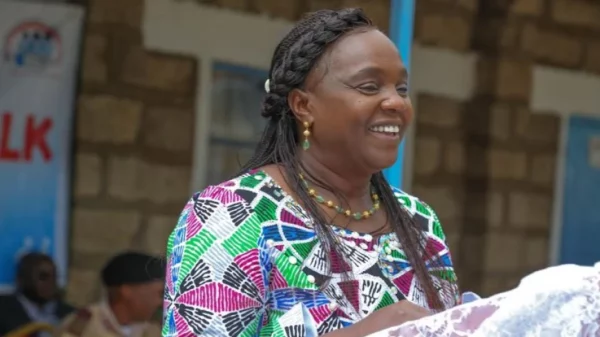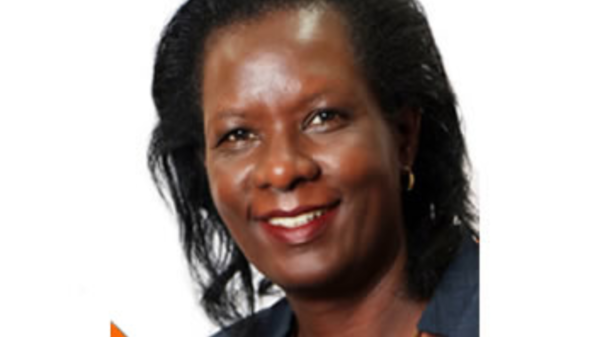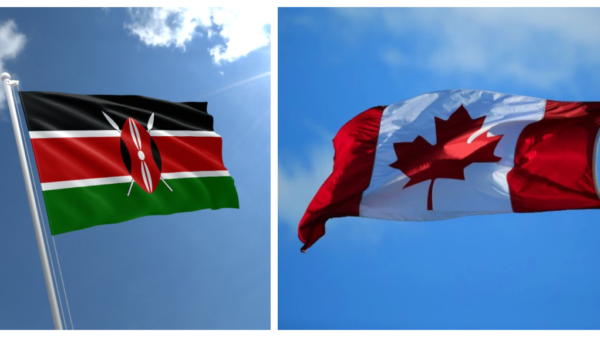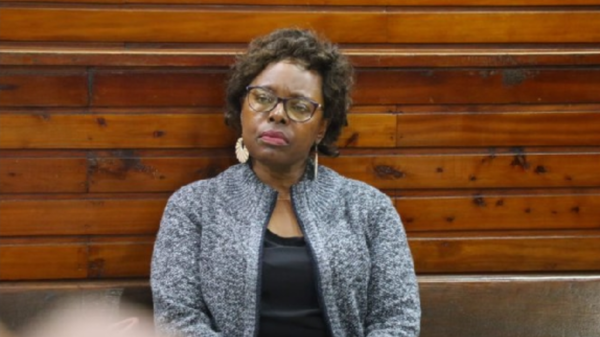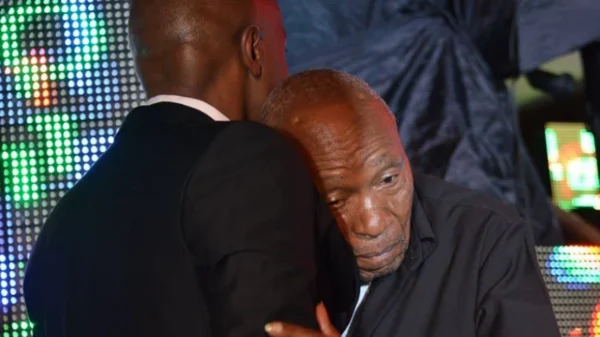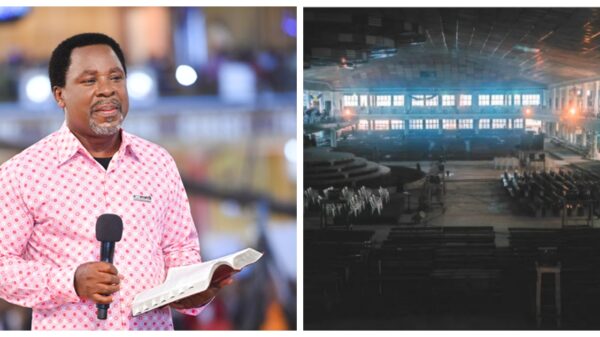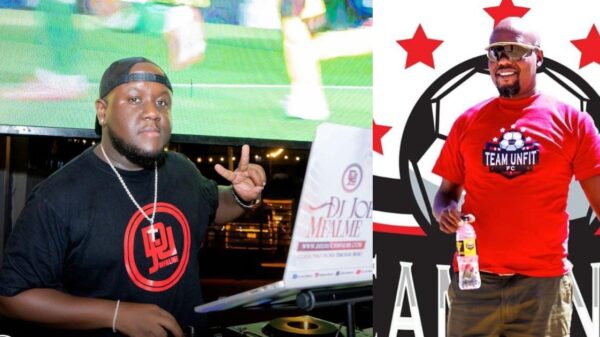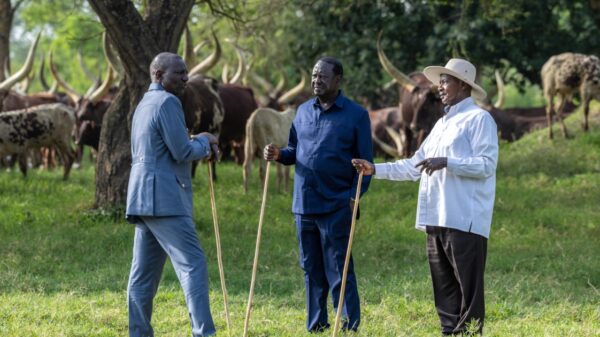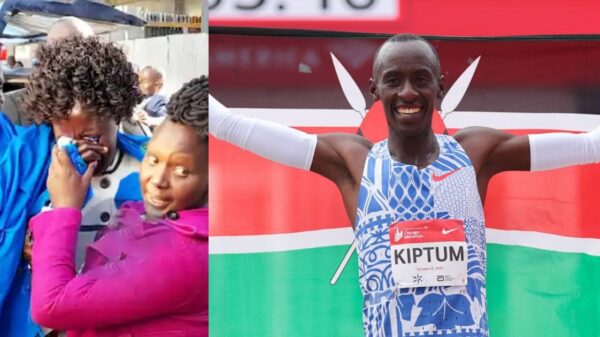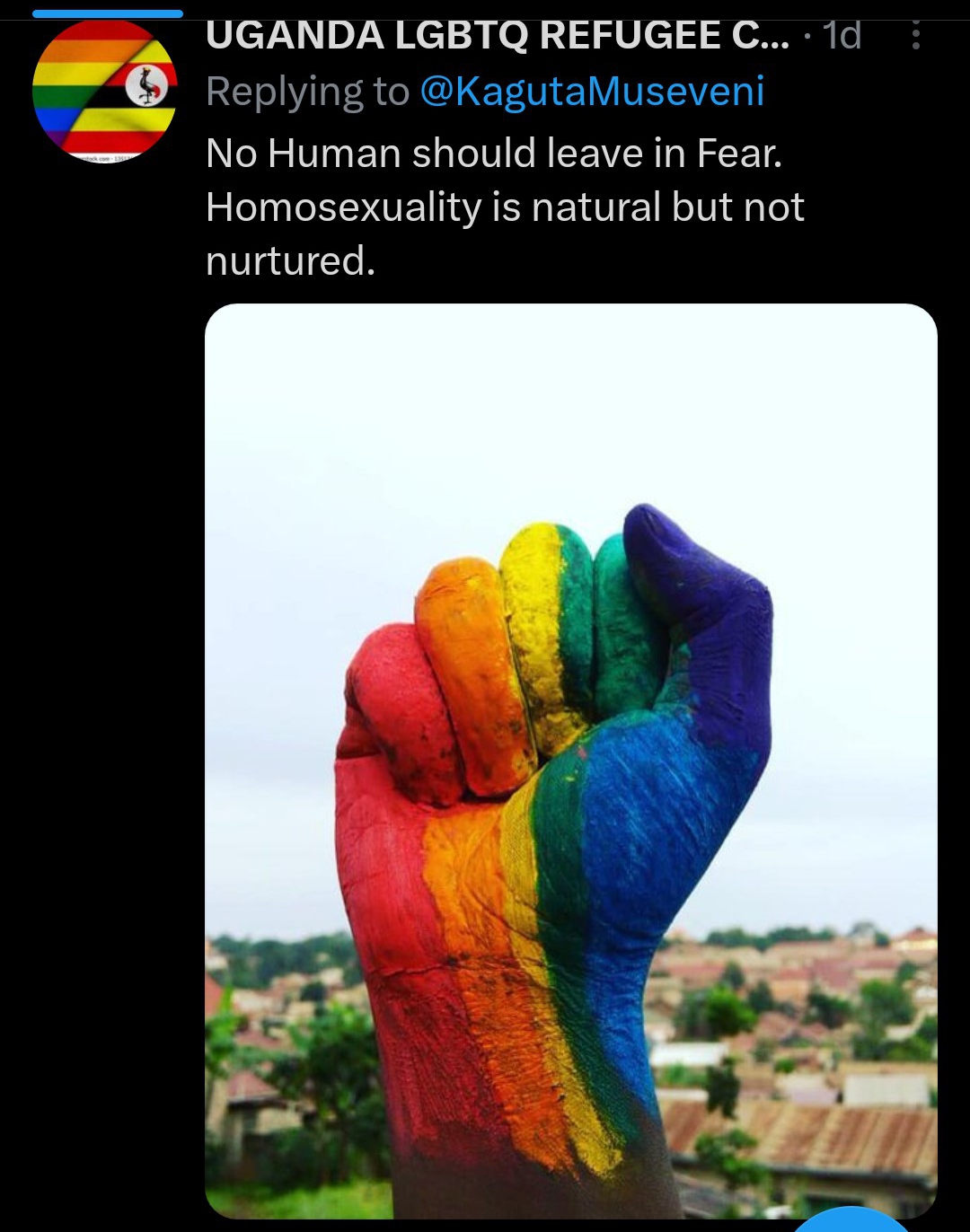- On twitter Uganda gay community members came out to reveal the horrid turn of events that has characterized their lives in the recent days as the brutal bill continued to gain more stamina.
- Some who said they were hiding in a safe house in Kenya confirmed having left in a hurry as denial and homophobic conclusions from their family members continued to heighten.
- The bill, which passed 387 to 2, punishes anyone who leases property to gay people and calls for the “rehabilitation” of those convicted of being gay.
Follow us on Facebook and Twitter for real time updates
Several Ugandan gay members have started to flee the country in search for refuge even as homophobic chants continue to get louder in the country that recently published the harshest LGBTQ law.
In a spartan safehouse with flimsy curtains and no furniture northwest of the Kenyan capital, Nairobi, people from neighboring Uganda called for help from gay rights activists across the world saying they were fleeing from harsh new legislation targeting them back home on videos and pictures on twitter.
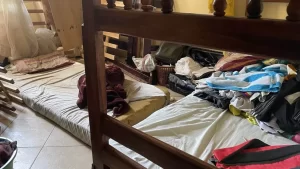
A safehouse that was shared on Twitter where the members said they were hiding.
In one picture, a lesbian couple clenched a smartphone that held photos from happier days, going on dates and dancing in clubs while in another, a horrifying picture of a swollen arm appeared from a victim who said he was beaten up for being gay.
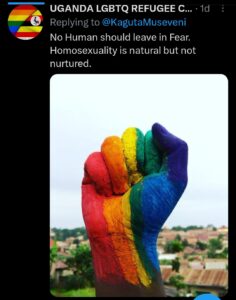
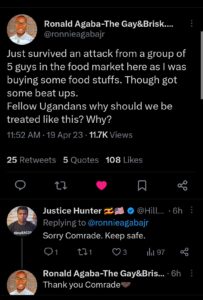
Most of the gay community members began leaving after Uganda’s Parliament passed a sweeping anti-gay bill in late March that threatens punishment as severe as death for some perceived offenses, and calls for life in prison for anyone engaging in same-sex relations.
The bill, which passed 387 to 2, punishes anyone who leases property to gay people and calls for the “rehabilitation” of those convicted of being gay. President Yoweri Museveni, who has commended the bill, sent it back to Parliament on Thursday for “improvement,” his party said in a statement.

A screenshot from a famed activist who shared screenshot of a conversation between him and a Ugandan gay who said his life was in danger.
The president congratulated lawmakers and religious leaders on what he called their “strong stand” against L.G.B.T.Q. people. “It is good that you rejected the pressure from the imperials,” he said, a reference to Western countries, in footage released by the public broadcaster. He spoke hours after the European Parliament denounced the bill.
The legislation follows a groundswell of anti-gay rhetoric that has swept African countries in recent years, including in Ghana, Zambia and Kenya. Last month, lawmakers from more than a dozen African countries gathered in Uganda and promised to introduce or pass measures in their own countries that they said would protect the sanctity of the family and children against “the sin of homosexuality.”
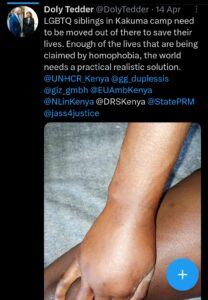
The latest move to target L.G.B.T.Q. people in Uganda has drawn support from local Christian and Muslim groups, and for years the financial and logistical backing of some conservative evangelical groups in the United States. One of the key organizers of the parliamentary conference in Uganda last month was Family Watch International, an Arizona-based organization that spreads anti-L.G.B.T.Q. and anti-abortion stances, according to the Southern Poverty Law Center.
The Ugandan bill has drawn condemnation from human rights groups and the United Nations, and the Biden administration has called it “one of the most extreme” anti-gay measures anywhere in the world.
For L.G.B.T.Q. Ugandans, the bill is set to further formalize the widespread discrimination that many felt daily. In interviews, more than a dozen gay Ugandans who had fled to Kenya described how their friends, family and neighbors turned against them over the past year, as renewed anti-gay sentiment swept over the conservative nation.
Last August, the authorities took their most drastic action yet when they closed Sexual Minorities Uganda, the country’s leading gay rights group.
After Parliament adopted the bill in March, dozens of L.G.B.T.Q. people began fleeing to neighboring Kenya, their advocates said, because of the proximity and the presence of a strong human rights network.
Among the provisions of Uganda’s anti-gay bill is the prohibition of what it calls the “promotion” of homosexuality. Lawyers said the clause could put activists and aid agencies supporting gay rights at risk of criminal liability.
These could include American-funded health programs supporting L.G.B.T.Q. people who had come under scrutiny and attack when Uganda enacted similar laws that courts struck down in 2014.





